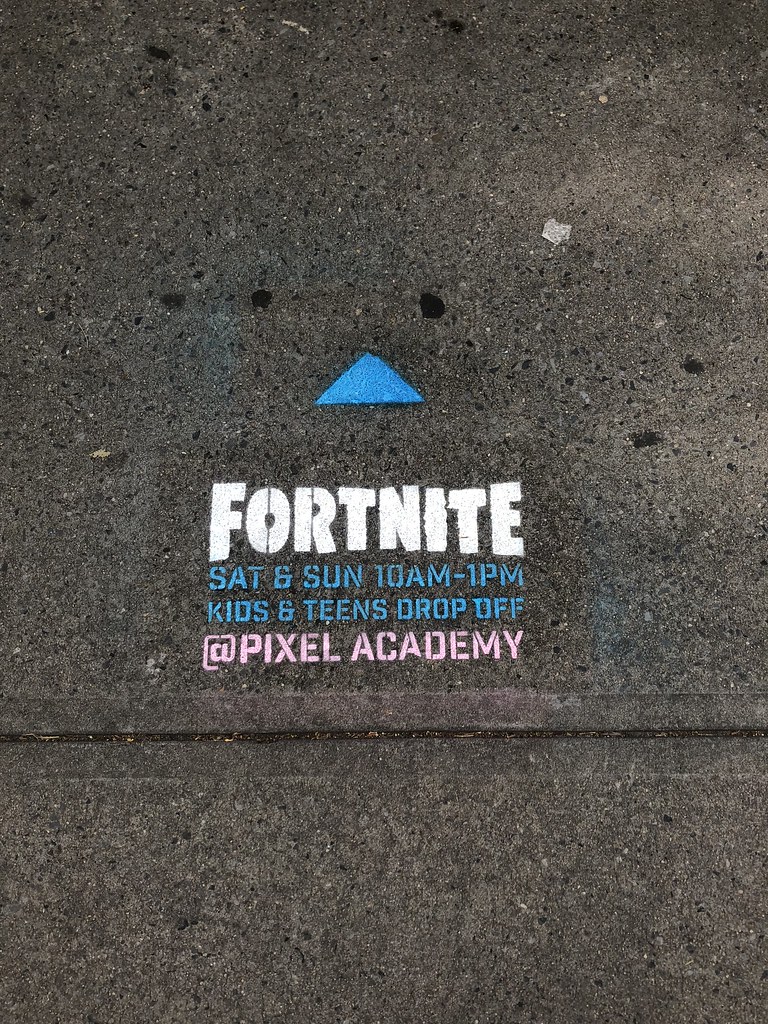Hello, fellow gamers and savvy spenders! Have you ever paused to think about the value you’re getting for your money while conquering virtual worlds with your controller? You definitely aren’t alone in this thought-provoking adventure. In a sea of entertainment choices, video games are like that incredibly adaptable yoga instructor who truly knows how to stretch your dollar. Let’s dive into gaming’s economics and explore whether it truly stands as the most budget-friendly hobby out there.

Let’s start by discussing the free-to-play phenomena. With their SaaS-like business structures, these games have completely changed the industry while providing unbeatable entertainment value. Consider League of Legends, Fortnite, and yes, even the massively popular subscription game World of Warcraft. All of these games share the trait of being extremely affordable, with an average of just $0.17 per hour of play. For an hour of fantastic gameplay, that’s less than the cost of a gumball!
However, how do we calculate this number? The cost per hour of several entertainment alternatives was magnified in our latest study. We compared the average number of hours spent by users with the monthly charge for subscription services. We looked at the hours of amusement offered after calculating the average income per user for non-subscription models, such as those theme park adventures or blockbuster games. Determining the actual worth of our entertainment selections requires some arithmetic, but it’s worthwhile.
Value for money for more expensive games
Let’s now talk about the classic video games, such as Call of Duty and Grand Theft Auto. Due to their unusual content update mechanism, these games need a higher upfront payment. They resemble the fussy buddies who are constantly requesting to dine at the most exclusive establishments. However, given the endurance and replayability of these games, they still present a strong value proposition despite their higher commercialization rates.
With a SaaS-like approach gaining traction in our increasingly digital world, games are evolving into social networks of their own. Distribution, interaction, and long-term monetization are more essential than ever as we seek experiences that engage us on multiple levels. The beauty of gaming lies in its dynamic nature; unlike the fixed plot of a movie or the same pages of a book, games like Fortnite offer a fresh twist with every session. Each round feels like you’re stepping into a surprise party where the excitement never ends!
But how does gaming stack up against other forms of entertainment? While Netflix boasts an expansive library, they often struggle to keep their content fresh and engaging. Theme parks? They require a meticulous schedule of red X’s and a hefty budget to create new thrills. And let’s not even discuss the reruns that clutter our cable TV channels. In contrast, gaming consistently delivers unique experiences that keep us coming back for more, like a favorite restaurant with an ever-changing menu.
There is more to the allure of gaming. Compared to other entertainment formats, releasing fresh content is simple. New material without the bother may be obtained with a game patch here and a digital download there. In actuality, this simplicity of content growth is revolutionary.
Entertainment’s worth extends beyond its cost when discussing its worth. It’s about the special moments, the community that develops around our favorite games, and the hours of happiness. Not only are video games like League of Legends and Fortnite inexpensive entertainment, but they are also at the forefront of a digital revolution, establishing venues for us to play, interact with others, and even go to concerts. The next time you’re considering your entertainment alternatives, keep in mind that gaming is a ticket to a world of affordable experiences, not simply a hobby.
As we dig deeper into our entertainment landscape, it becomes apparent that video games reign supreme when it comes to getting the most bang for your buck. In fact, they confidently stand out in the heavyweight category of entertainment value. But what makes gaming such a treasure trove of cost efficiency? Let’s break it down and reveal just how gaming offers a remarkable return on investment for your hard-earned cash.
Let’s talk about money
When you think about traditional entertainment, like a movie night out, the average cost is around $2.50 per hour. Folks, that’s a one-time thrill. After the credits roll and the popcorn disappears, you leave the theater with a lighter wallet and memories that fade quickly. Now picture a game like League of Legends or Fortnite, where the cost averages about $0.17 per hour for an exhilarating, ever-evolving experience. The numbers speak for themselves, right?
And let’s not forget about those who love binge-watching Netflix series! Although you have access to an endless stream of content, even Netflix must refresh its lineup frequently to keep viewers engaged. Honestly, how many times can you rewatch the same show before you memorize every line? In stark contrast, gaming offers a vibrant playground where each session promises a thrilling new quest. No reruns, no déjà vu—just pure, exhilarating fun every time you log in.
Given its hundreds of channels, one could claim that cable TV provides a wide range of options. However, how much of stuff is truly worth seeing, let’s face it? Even though there are a ton of channels, our buddy Electrictroy noted that he only watches a few chosen shows, which raises the price to around $9.00 per hour. That’s a lot less than the cents you would spend on a game per hour. Not to mention the repeats—oh, the reruns! Who wants to pay top price for something that looks like Groundhog Day on your TV screen?
Yet, some critics might raise the concern of the initial cost for gaming consoles. While it’s true there’s upfront investment, it’s minor compared to the countless hours of enjoyment you’ll experience. Plus, you can often recoup some of that spending thanks to the resale value of games and consoles. Good luck trying to get any money back from a movie ticket stub!
Not to mention the influence of second-hand sales and trade-ins. As electrictroy pointed out, you may trade in or sell your games on eBay and receive a sizable refund. You just cannot get that kind of sustainable amusement from a movie night or a TV subscription.
The social component of gaming, however, is arguably the strongest defense of its benefits. Video games have developed into online gathering spots where users can interact, compete, and even go to virtual concerts. Being a member of a community and sharing an experience that goes beyond the screen is more important than simply playing a game. The capacity of gaming to link us in ways that other types of entertainment just cannot equal is where its genuine value lies.

Ultimately, gaming is a lifestyle choice that transcends mere cost-effectiveness. It embodies the thrill of the chase, the joy of discovery, and the camaraderie of shared victories. In this immersive storytelling space, every player is both a hero and an audience member. So, as you weigh your entertainment options, remember that gaming is an investment in unforgettable experiences that yield benefits like freedom, friendship, and pure joy.
To wrap things up, let’s revisit some wise comments from our community. Morrigan Lover playfully points out that some of life’s greatest pleasures come free of charge, while Masterh reminds us that the power of imagination is the most affordable source of happiness. Yet, video games stand out as the most tangible, engaging, and endlessly entertaining option available. They illustrate that gaming truly deserves the crown as the reigning champion of value in the entertainment arena, offering an exciting universe at an incredible price.
So, the next time someone questions the value of your gaming passion, just smile confidently and share that you’re not merely playing games; you’re embracing the most cost-effective entertainment experience around. Game on, friends—let the adventure continue!
Related posts:
SaaS-Like Gaming Offers the Least Expensive Entertainment
Cheapest form of entertainment?
GTA 6 should be priced ‘per hour’ value, publisher says




